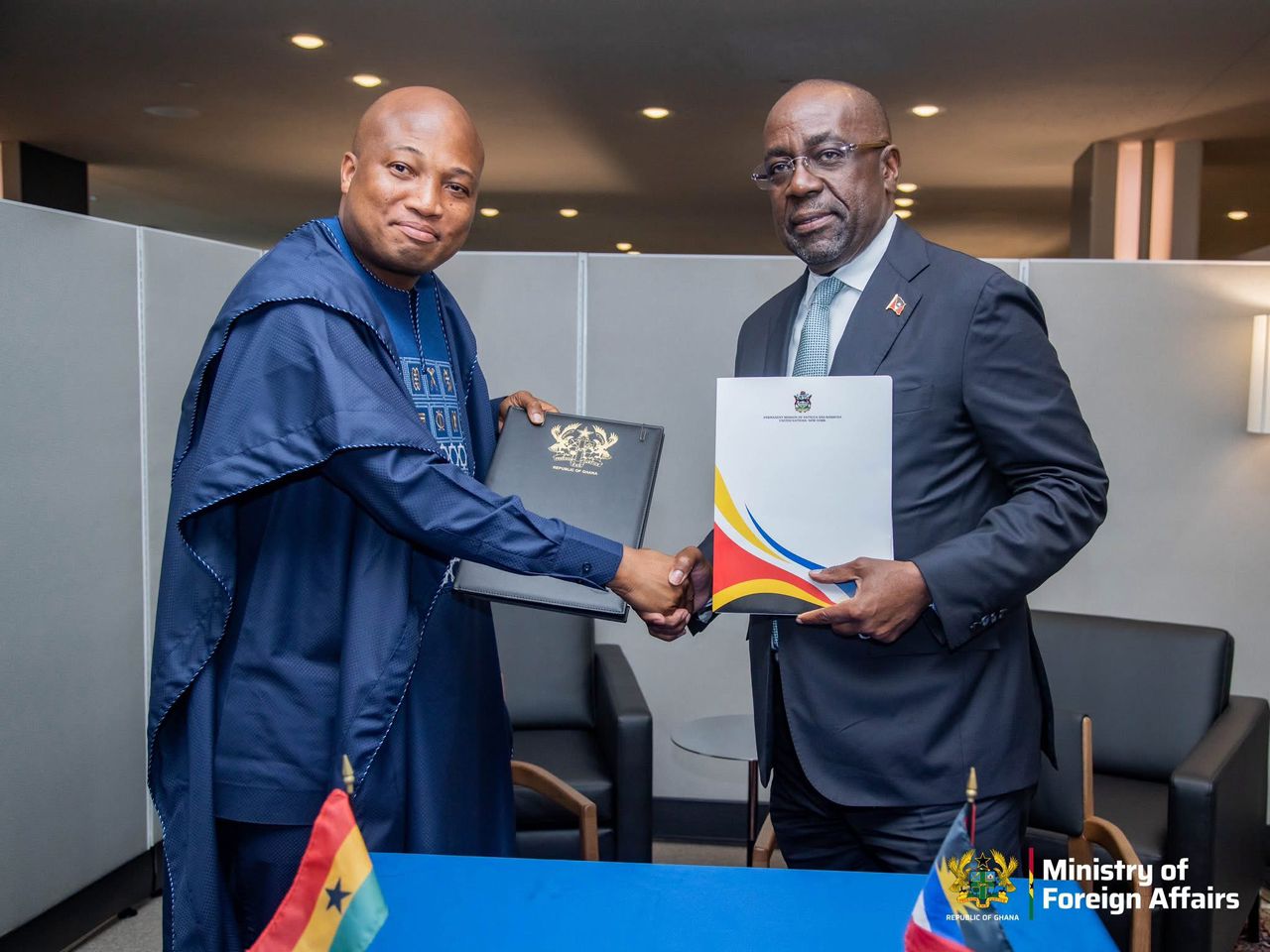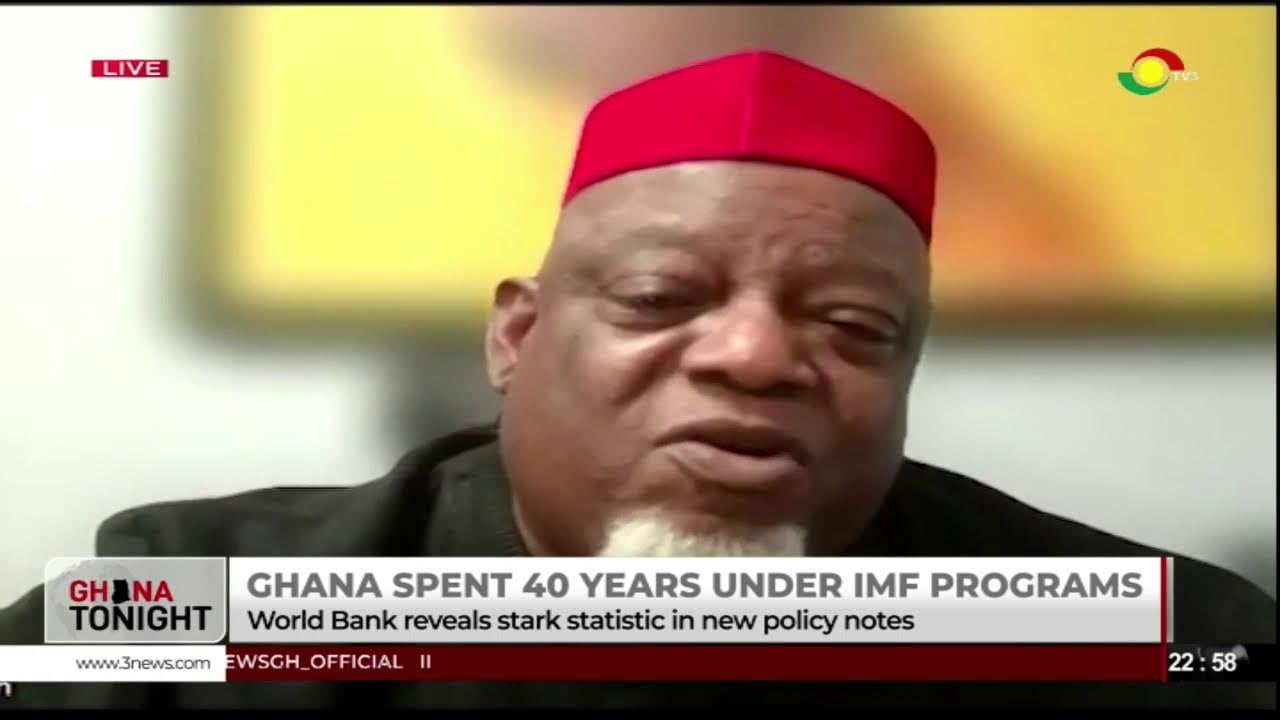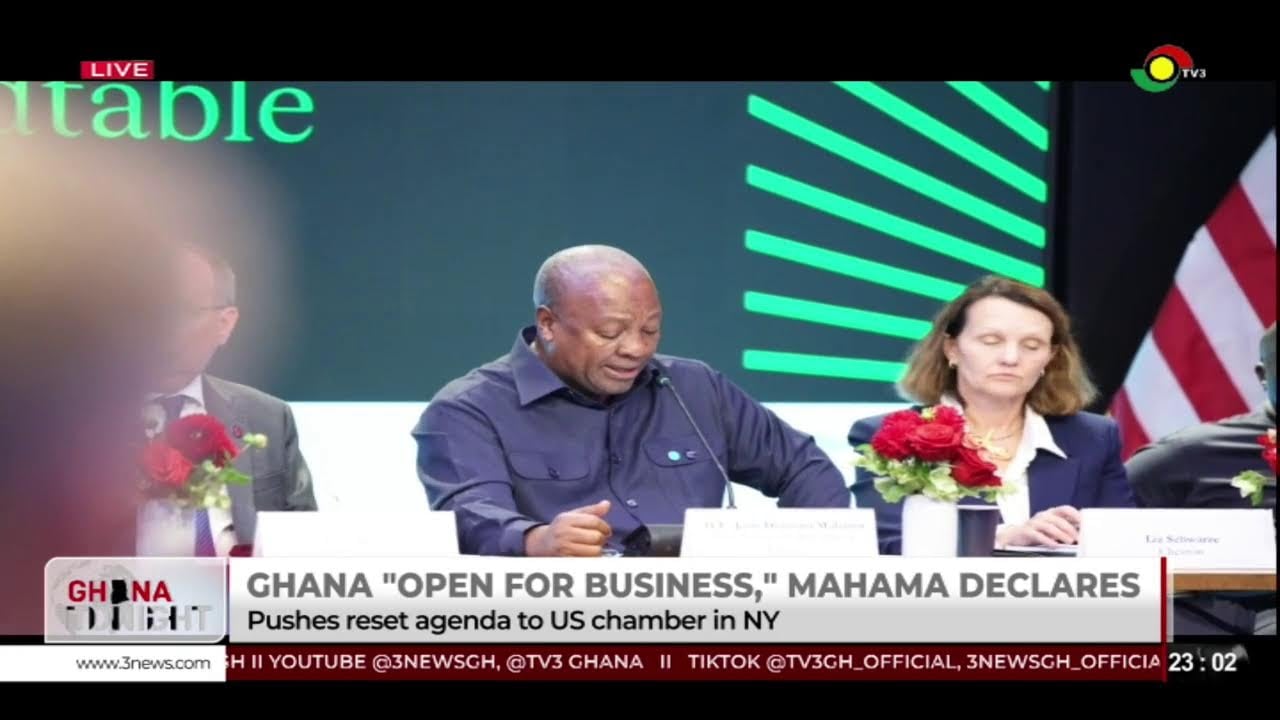
By Samuel Lartey(Prof)
After years of battling runaway prices that peaked above 50% in early 2023, Ghana’s economy is finally showing signs of relief. Inflation has fallen sharply from 23.5% in January 2025 to 11.5% in August 2025, its lowest level in four years. Riding on this momentum, the Bank of Ghana (BoG) has promised Ghanaians that inflation will fall back to single digits by the end of 2025. This forecast rests on tight monetary policy, government fiscal discipline, and improved food supplies.
But can this promise hold, or is it an economic illusion? To answer, we assess the country’s economic trajectory during the first nine months of the Mahama administration, while also exploring what success or failure would mean for government, corporates, and households.
Ghana’s First Nine Months under the New Administration
President John Dramani Mahama was sworn into office on January 7, 2025, inheriting an economy in recovery under an IMF program. Since then, progress has been notable:
Inflation:
From 23.5% in January to 11.5% in August.
Interest Rates:
The BoG cut its policy rate from 30% in Dec 2024 to 21.5% by September 2025 as inflation pressures eased.
Growth:
GDP expanded by 6.3% year-on-year in Q2 2025, driven by services and agriculture.
Currency & External Position:
The cedi appreciated ~21% YTD against the US dollar through September, supported by a US$6.2bn trade surplus and reserves of US$10.7bn.
Fiscal Consolidation:
The government posted a primary surplus of about 1.1% of GDP by mid-2025, outperforming its targets.
Clearly, the macroeconomic environment is far more stable than in the turbulent years of 2022–2023.
Reality or Illusion?
The optimism behind the BoG’s projection is grounded in three realities:
- Strong disinflation momentum already in play.
- Policy alignment between government fiscal consolidation and central bank discipline.
- External support from trade surpluses, reserves, and an IMF-backed program.
Yet, risks remain. A hike in utility tariffs, unexpected food shortages due to climate shocks, or a reversal of currency gains could undermine the path to single-digit inflation.
Thus, the promise leans closer to reality than illusion, but its success depends on careful management and a bit of good fortune.
Who Gains If Inflation Hits Single Digits?
Government
Lower debt servicing costs as treasury bill rates and interest burdens fall.
Stronger fiscal space to fund social programs and infrastructure.
Corporates & SMEs
Reduced cost of borrowing, freeing capital for growth and innovation.
Greater price stability to plan investments and contracts.
Households
Real incomes improve as rising wages are no longer eroded by inflation.
Cheaper credit for housing, education, and small businesses.
Predictable food and transport prices improve household budgeting.
Conclusion
The Bank of Ghana’s promise of single-digit inflation by end-2025 is bold but not unfounded. Inflation has already more than halved in nine months, reserves are stronger, and fiscal numbers are encouraging. For government, achieving this goal will mean cheaper borrowing; for businesses, it will lower costs and improve planning; and for households, it will restore hope in the value of money.
Still, the journey is fragile. One poorly managed shock, be it utility price hikes, currency pressure, or food supply disruption, could derail progress. The real test for Ghana is not just about reaching single-digit inflation but about sustaining it, ensuring that the benefits translate into meaningful improvements in the lives of ordinary citizens.
In short, Ghana’s inflation dream can become reality but only if discipline, prudence, and resilience remain at the core of economic management.
The post The inflation dream: Reality or Illusion for 2025? appeared first on The Business & Financial Times.
Read Full Story




















Facebook
Twitter
Pinterest
Instagram
Google+
YouTube
LinkedIn
RSS